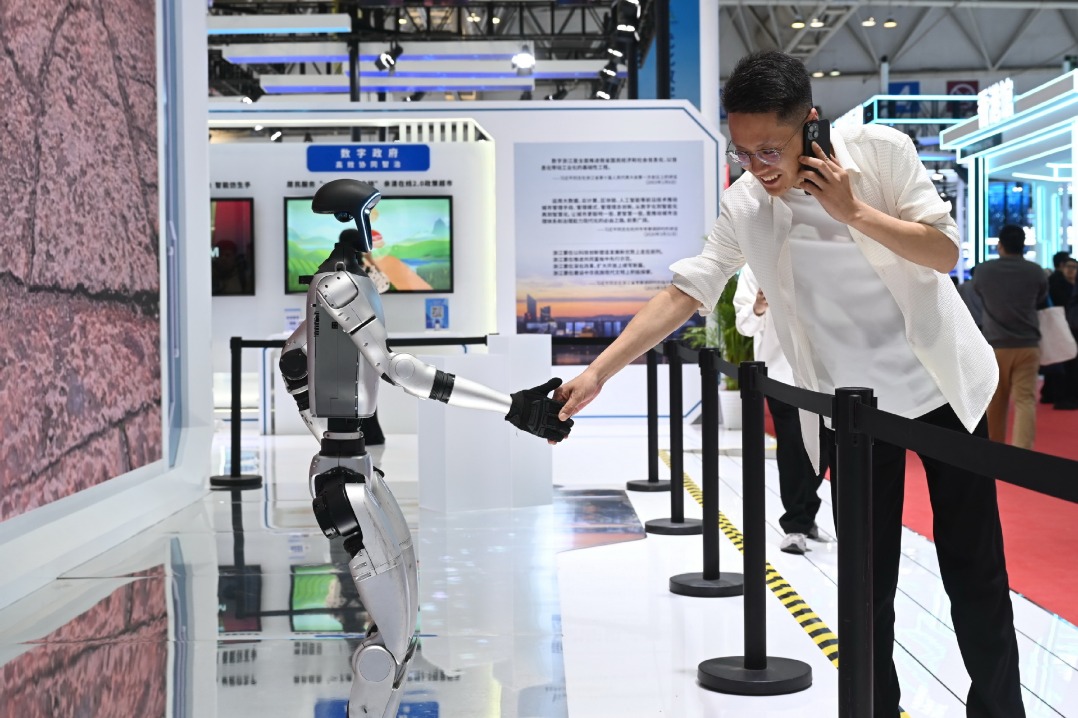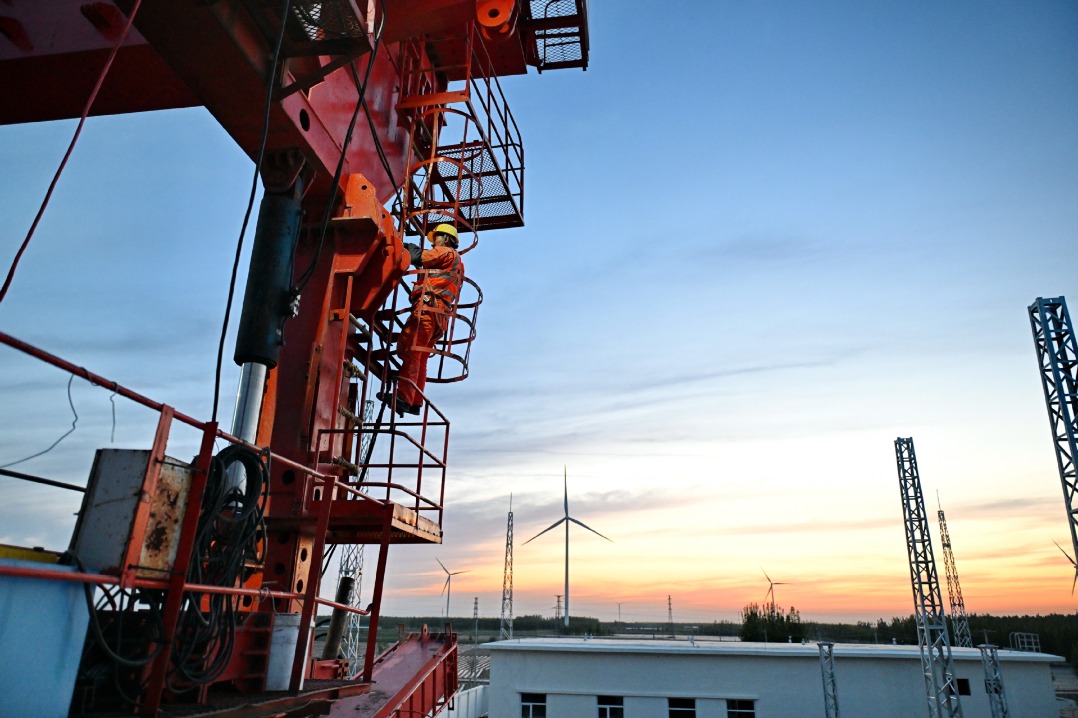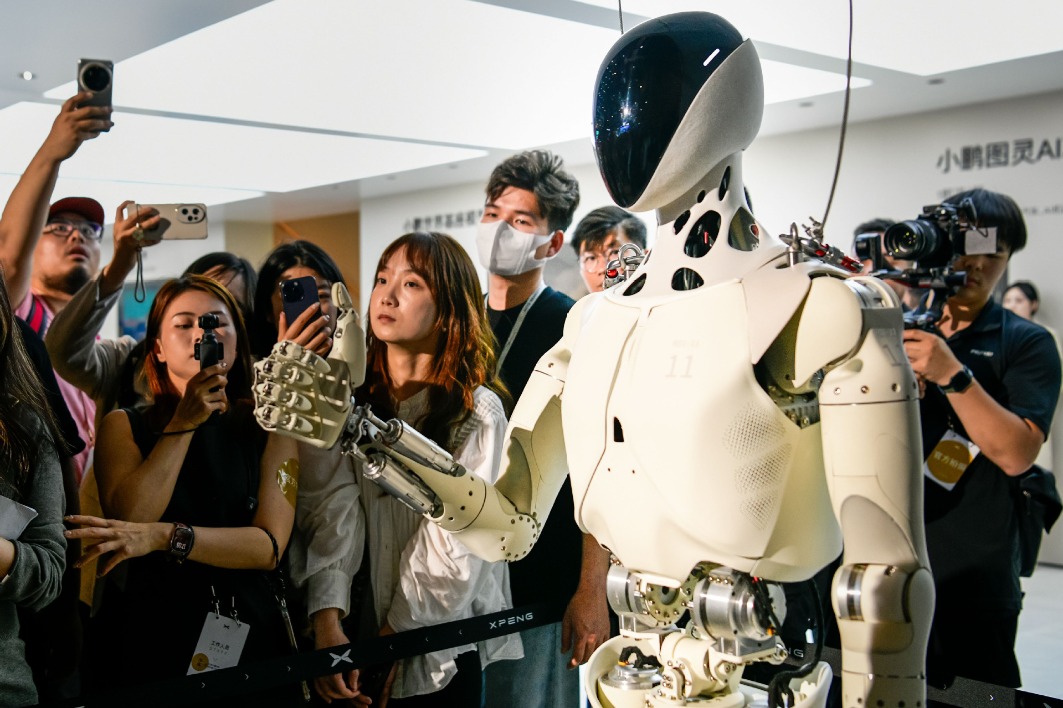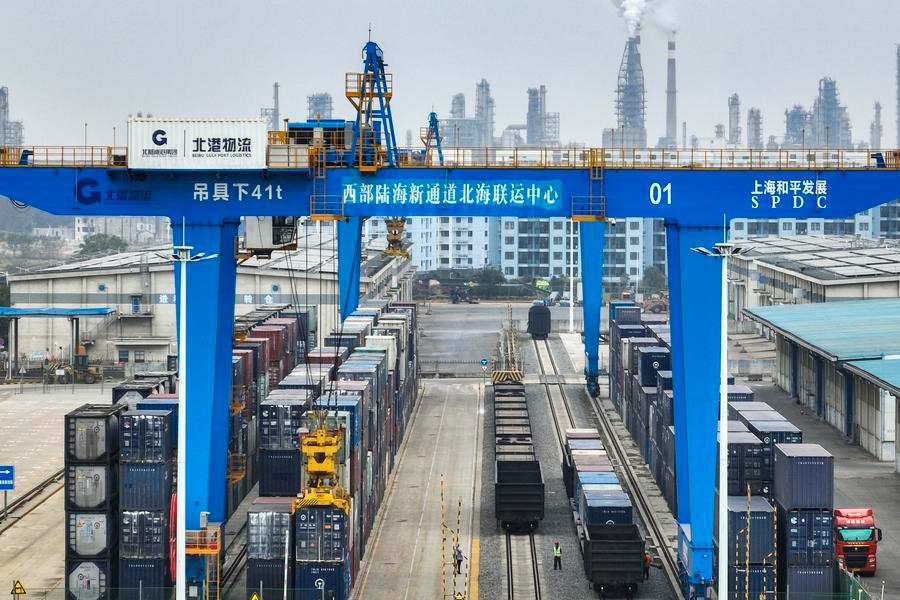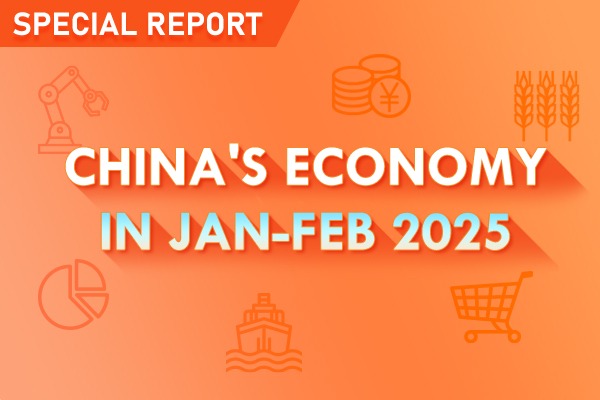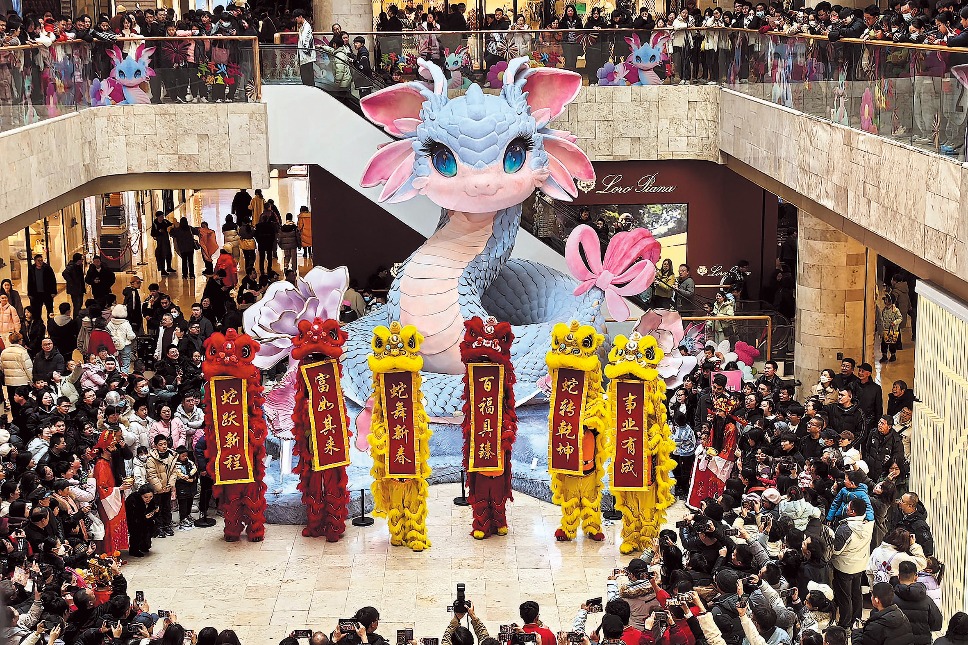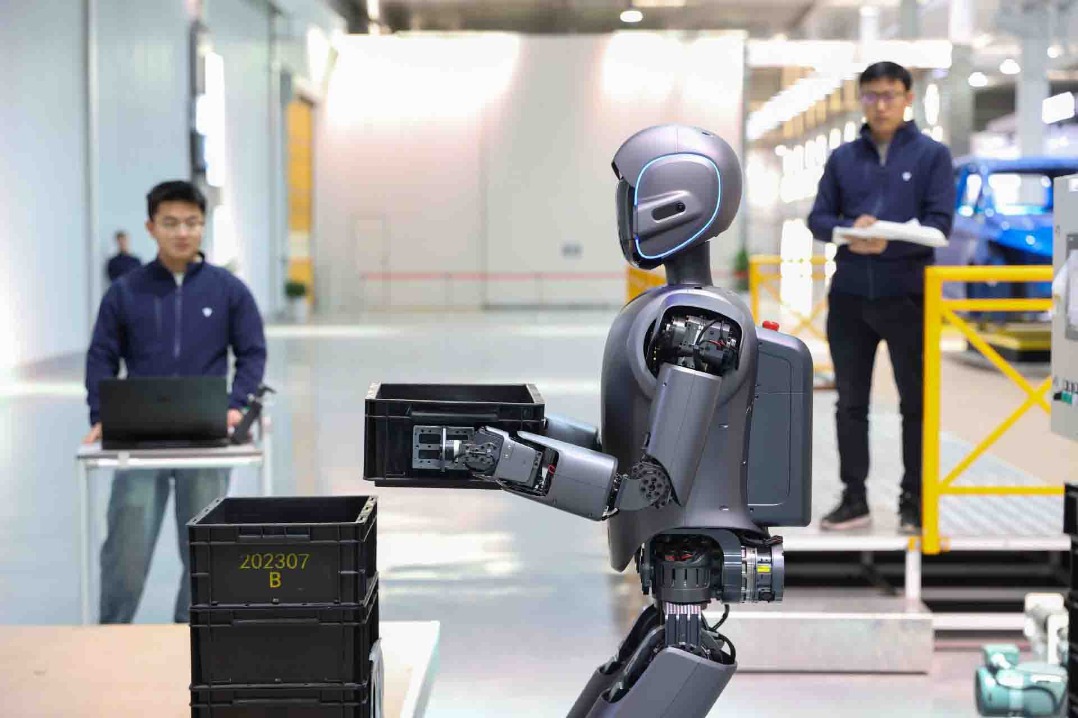Gestamp highlights China's strategic role at Auto Shanghai

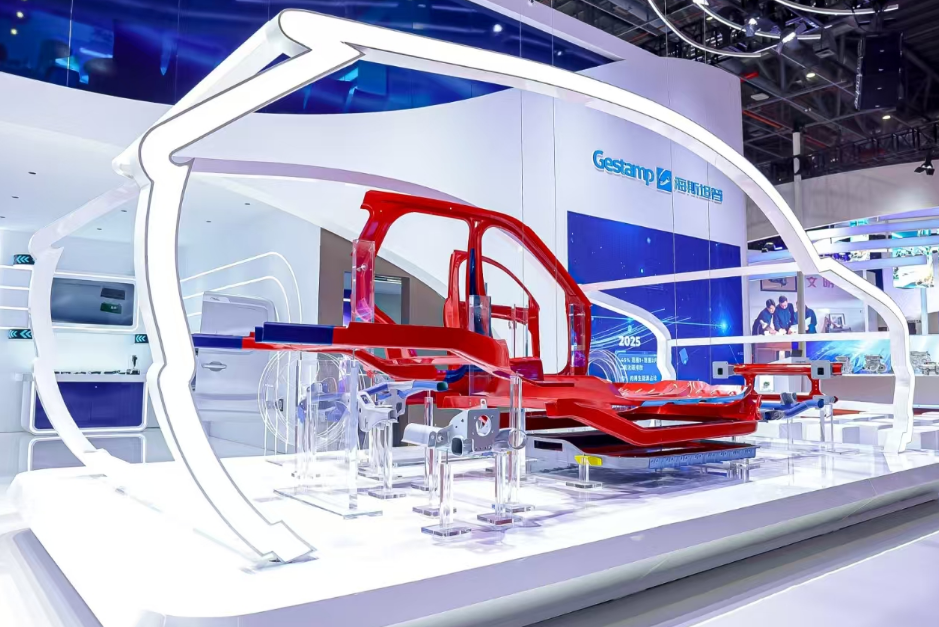
Spanish auto components manufacturer Gestamp has underscored the critical importance of the Chinese market during Auto Shanghai 2025, where it is showcasing its latest technological and product innovations in electric mobility.
"China has always been a core strategic market for Gestamp," said Francisco Riberas, CEO of Gestamp, noting that China has become Gestamp's second-largest market globally, contributing to one-third of their total production.
Since its entry into China in 2007 with the establishment of its first factory in Kunshan, Jiangsu province, Gestamp has expanded its operations to include 13 production bases, two research and development centers, and employs over 5,000 staff across the country.
The company formed a joint venture in 2018 with Beijing Hainachuan Automotive Parts, a subsidiary of BAIC, further integrating into the local industry chain.
At the auto show, Gestamp is showcasing innovative solutions aimed at enhancing electric vehicle performance and sustainability.
Among the exhibits is the Ges-Gigastamping, an integrated white vehicle body designed to consolidate multiple parts into a single oversized component. This innovation improves vehicle safety, reduces weight, streamlines production, and optimizes material usage.
Additionally, the company unveiled the Ges-Enubox, a self-developed battery pack solution engineered to accommodate diverse battery technologies and specific needs. The design prioritizes protection while optimizing both weight and efficiency.
Gestamp supplies components for 16 global automotive groups across more than 800 models.
With 115 factories and 13 R&D centers across 24 countries, Riberas also emphasized Gestamp's collaboration with Chinese auto brands on a global scale, such as BYD, Geely, Chery, and SAIC Motor, leveraging local expertise in their growth strategies.
"We see Chinese companies placing great emphasis on global development strategies. We have the opportunity to become their global partner as they open plants in Europe, Brazil, Mexico, or Asia," he said.
















